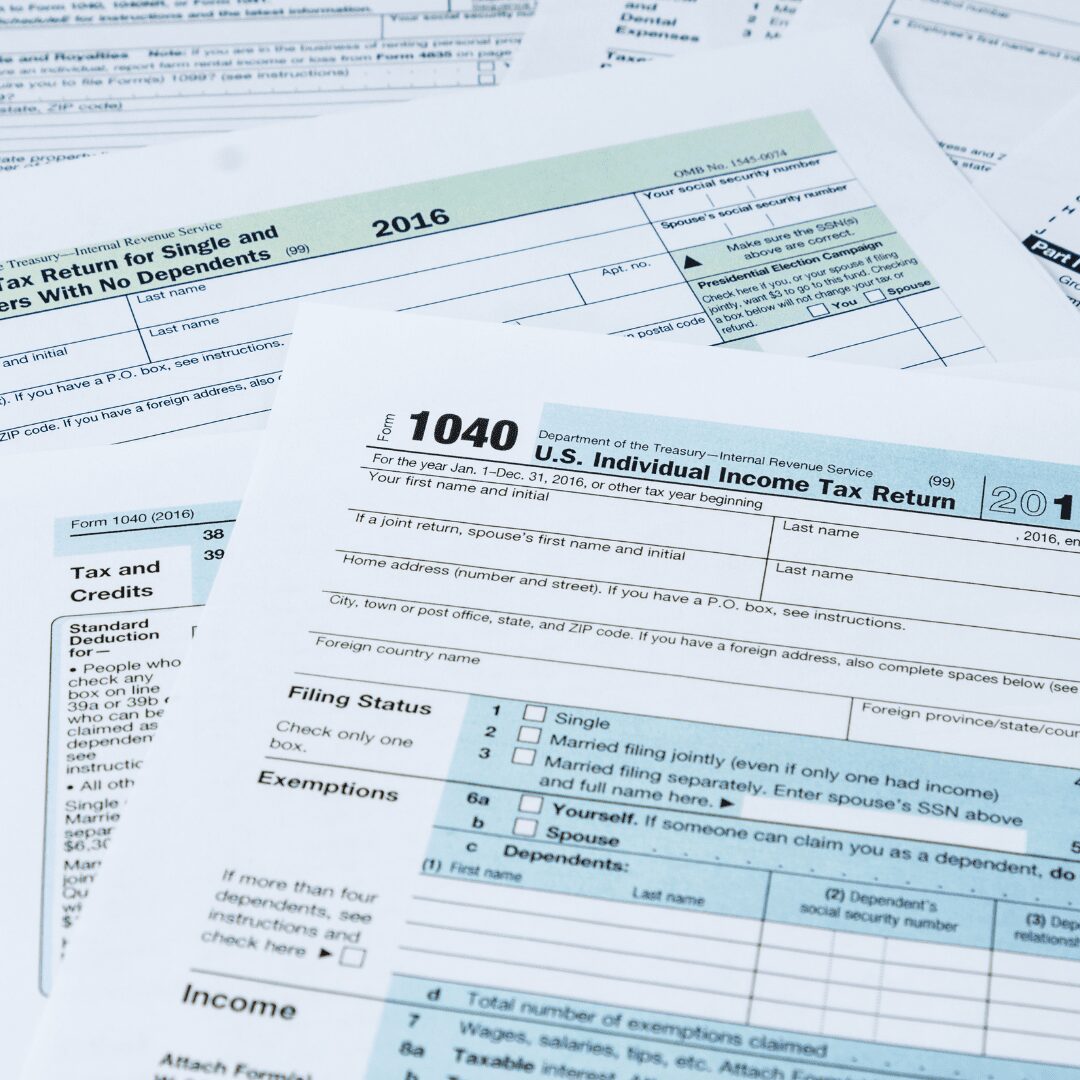
IRS Cooks the Books on e-File Survey and DOJ Captures IRS Taxpayer Data Leaker
Michael Mohr-Ramirez
October 23, 2023
There was much fanfare from progressives, and consternation from conservatives, about the $80 billion allocated to the Internal Revenue Service (IRS) through the 2022 Inflation Reduction Act (IRA). As part of the IRA was $15 million for the agency to conduct a study on the feasibility of an e-file program. Not only is an e-file program a bad idea, the agency has come under fire recently for misleading Americans in a survey of a government-run direct e-file program and one of its contractors pled guilty to leaking wealthy Americans’ tax returns.
The IRS was thrilled when it received feedback that 72 percent of Americans expressed interest in the agency-provided filing option. The agency used this as justification to launch a pilot program for the 2024 filing season – despite lacking any form of statutory authority to do so. However, the Treasury Inspector General for Tax Administration (TIGTA) recently found some glaring flaws with the way the survey was conducted.
TIGTA found that the structure of the survey misled Americans into believing the filing system would include an option to file state tax returns. This is despite the IRS indicating that state filing would not be included in the pilot program. Moreover, the watchdog report highlighted that the IRS used a four-point scale of interest or disinterest, breaking with federal agency norms that include a five-point system with a “neutral” option.
One of the most significant issues with the new program is that the IRS cannot explain its cost estimates for the filing system. Estimates range from a process serving 5 million Americans and costing $78 million per year, to one serving 25 million taxpayers and costing $249 million per year. The IRS attempts to explain this gap by telling Congress it depends on how complex the program would be, yet it must again be noted, the agency lacks the statutory authority whatsoever to launch the pilot. It is also unbelievable that any government software program would be this inexpensive, especially one that is so complicated.
As if launching a pilot program reliant on faulty survey data, lacking cost estimates and without Congressional authorization isn’t enough, the IRS’ long history of failing to protect Americans’ tax information also finds itself under the spotlight. On October 12, 2023, an IRS contactor pled guilty to leaking the private tax data of thousands of wealthy Americans to the news media. While this serious crime carries up to a five-year prison sentence, the larger consequence is the continued erosion of public trust in the IRS, which has shown itself to be a flagrantly poor arbiter of taxpayer data.
Michael Mohr-Ramirez is Federal Policy Manager at Taxpayers Protection Alliance.
